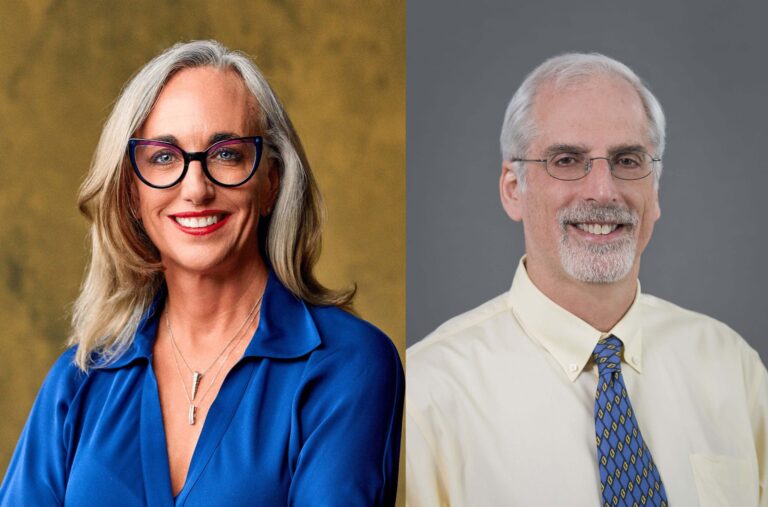Focus on MP: Medical Physics OLA Feature: Declining a Question
By Matthew B. Podgorsak, PhD, Kalpana M. Kanal, PhD, Robert A. Pooley, PhD, ABR Trustees; J. Anthony Seibert, ABR Governor; and Geoffrey S. Ibbott, PhD, ABR Associate Executive Director for Medical Physics
February 2021;14(1):9

The Online Longitudinal Assessment (OLA) program for medical physicists was initiated in January 2020. Feedback based on the first year’s experience has been overwhelmingly positive (see Early Experience with OLA Performance). As we transition into the second year of OLA, there remains confusion about some features. In this article, we hope to provide clarification about one such feature: the option to “decline” a question.
Medical physicists who serve on a discipline-specific OLA item-writing committee (Diagnostic Medical Physics [DMP], Nuclear Medical Physics [NMP], or Therapeutic Medical Physics [TMP]) are charged with developing questions that address medical physics concepts at the level of “walking-around knowledge” for that discipline. This is knowledge that a typical medical physicist would need in order to provide general clinical medical physics services without having to access reference texts or consult with a colleague. It is understood that some medical physicists specialize in their practices (e.g., supporting the clinical activities at a proton therapy center, engaged in MR imaging only, external beam practice without brachytherapy, etc.), but the vast majority provide services that span a broad scope of clinical practice. It was decided, therefore, that medical physicists will not be able to select clinical practice areas within their certified discipline to narrow the focus of OLA questions sent to them. In other words, medical physicists cannot define their practice profiles at a level more granular than the discipline of their certification. Rather, the OLA content presented to each diplomate will span the entire walking-around knowledge base of their discipline. (Further details can be found here: Online Longitudinal Assessment and the Granularity of the Medical Physicist’s Profile.)
To acknowledge that there may be some aspects of OLA content that are outside routine practice for those medical physicists who have very specialized positions, the OLA programs for DMP and TMP include a limited ability to decline up to 10 questions per year. Based on the small number of NMP diplomates participating in OLA, it was not possible to extend this option to NMP participants (see Why Is Nuclear Medical Physics Different?).
Declining a question may be appropriate if a diplomate is not able to confidently select an answer in the allotted response time. Perhaps the subject material is not part of the diplomate’s routine clinical practice, or the diplomate would simply like to review their knowledge of that topic before being assessed in that area. Formally declining a question does not count as an incorrect response, nor does it count toward the annual requirement to answer at least 52 questions. A diplomate will never again be offered a question that was previously declined. The declined question, however, will count as one of the 104 annual question opportunities.
The “decline” feature is an important part of the DMP and TMP OLA programs, because it provides an opportunity for a diplomate to refresh his or her “walking-around knowledge” about that subject rather than guessing the answer. A second assessment of the previously declined subject matter may arise in the future via an opportunity to answer a different question based on the same topic.




